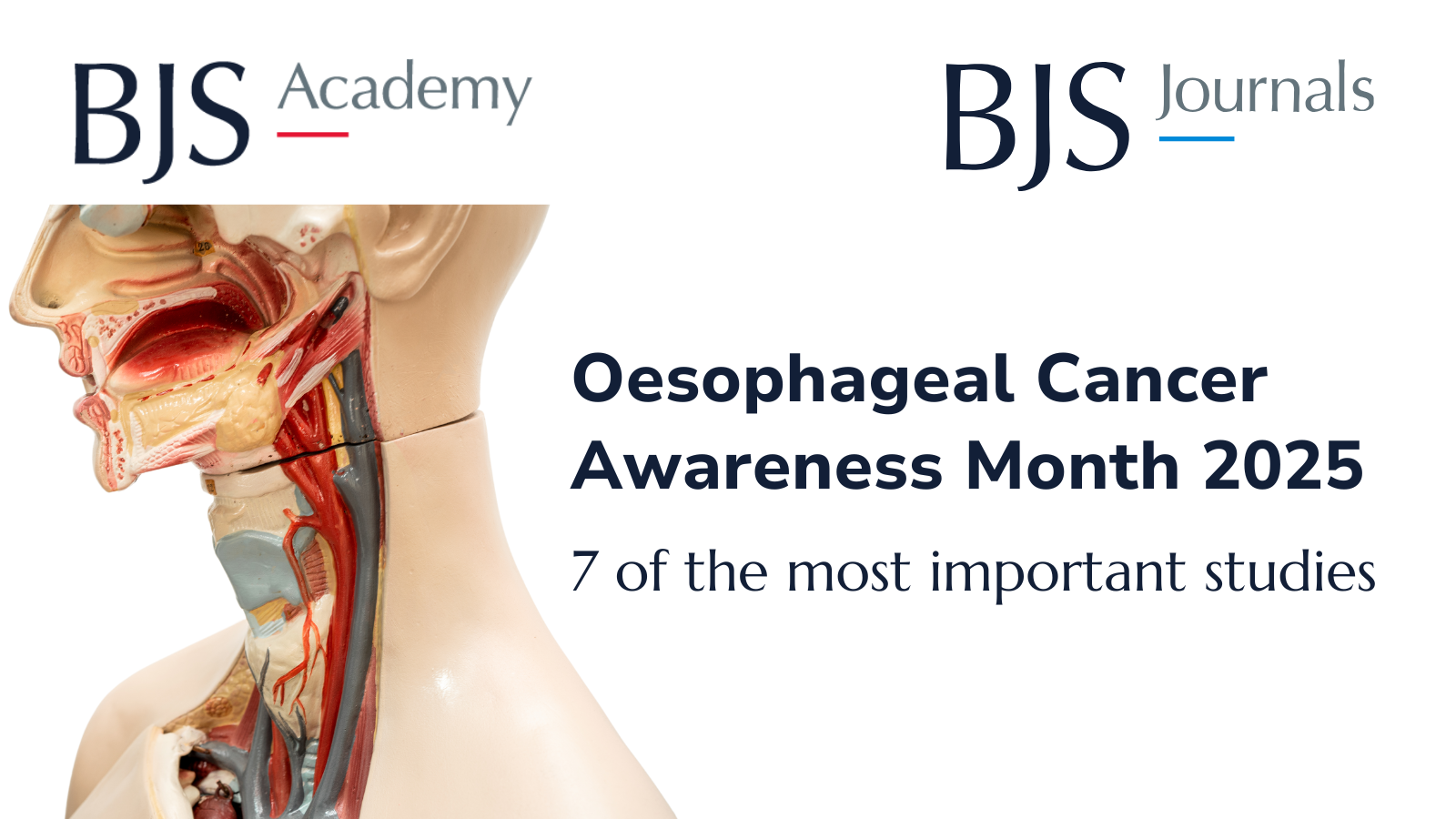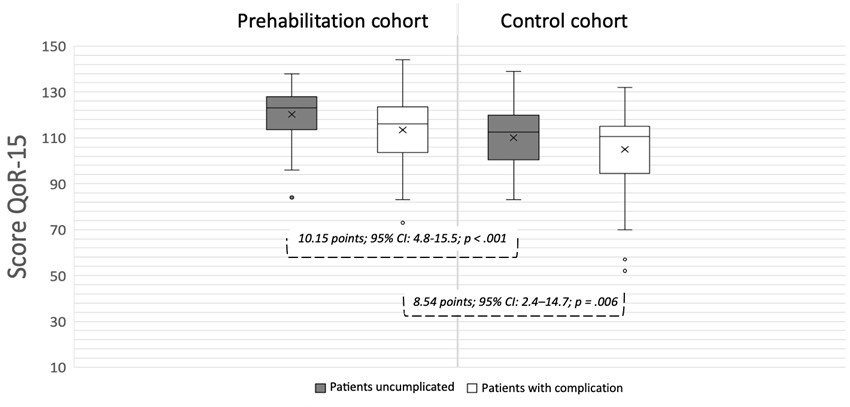BJS Academy>Cutting edge blog>Rethinking obesity t...
Rethinking obesity treatment: a path towards sustainability and scalability
Robin P Blackstone, MD
University of Oxford, United Kingdom; blackstonemd@mac.com
6 December 2024
Guest blog Upper GI
Related articles

The future of obesity treatment
Pichamol Jirapinyo, MD, MPH, DABOM, FASGE, FACG
The International Federation for the Surgery of Obesity and Metabolic Disorders (IFSO) has released a consensus position statement addressing the integration of obesity management medications (OMMs) with metabolic bariatric surgery (MBS)1.
Currently, obesity treatment encompasses four primary modalities: lifestyle modification, OMMs, endoscopic bariatric and metabolic therapies (EBMTs), and MBS. The recent introduction of newer-generation OMMs, such as semaglutide and tirzepatide, has sparked a surge in their use and increased awareness of obesity as a treatable chronic disease2,3. While these medications show significant promise, they also have limitations, including non-response rates, potential adverse events, and challenges with long-term adherence.
This position statement is particularly timely, as an increasing number of patients who have tried or discontinued OMMs are now seeking additional interventions to support their weight management or maintenance goals. Furthermore, since not all patients respond optimally to MBS, incorporating adjunctive therapies, such as adding OMMs after surgery, should enhance outcomes.

Oesophageal cancer awareness month 2025
Matthew Lee PhD FRCS
It is becoming increasingly common to dedicate days, or even months, to ‘health awareness’. These events should help people to learn about these conditions. From these, we can hope that people might learn about symptoms that help them get a diagnosis, or learn about new treatment options for their conditions. It also provides a focal point where we can come together as a community to recognise those impacted, and find ways to address these serious health conditions. It may even act as a clarion call, moving charities, governments, and individuals, to make efforts to fund and deliver research to further understand and improve outcomes for these conditions.
The BJS Academy, alongside BJS & BJS Open, feel it is an important part of our mission to contribute to these awareness months. So much research is published with enthusiasm, but then resides solely within the pages of a journal (or latterly, as a lonely PDF on a server). It is important to ensure that new information is shared with people who might find it useful. This is particularly important when it comes to conditions which currently have a poor prognosis, or may affect only a small number of people. With this in mind, our team will contribute to the online discussion for disease months by highlighting 2-3 papers from BJS and BJS Open, and sharing them across our social media channels. This will include a short summary and a link to the paper.
This move comes as part of our commitment to sharing key clinical research to support the knowledge of surgeons around the world, and to ensure our patients receive care informed by evidence of the highest possible standard.

Multimodal prehabilitation: beyond physical preparation
Fernando Dana
Major digestive surgery not only carries clinical risks but also imposes a significant functional and emotional burden. In this context, prehabilitation emerges as a key strategy to optimize patient readiness before entering the operating room.
This analysis is based on a prospective cohort study conducted at a tertiary hospital, including 188 patients undergoing major elective gastrointestinal surgery. Of these, 94 completed a multimodal prehabilitation program, while 94 received standard preoperative care (Table 1). Outcomes were assessed using the validated QoR-15 questionnaire at baseline, discharge, and 30 days post-discharge, alongside clinical and functional recovery indicators (Figure 1).
Preoperative clinic data and type of surgery by group
Copied!
Connect

Copyright © 2026 River Valley Technologies Limited. All rights reserved.



.png)





.jpg)



